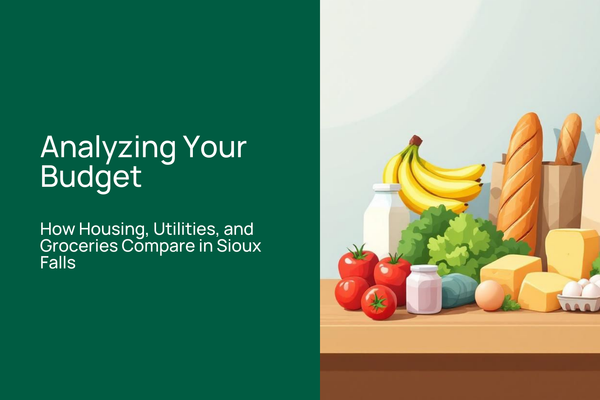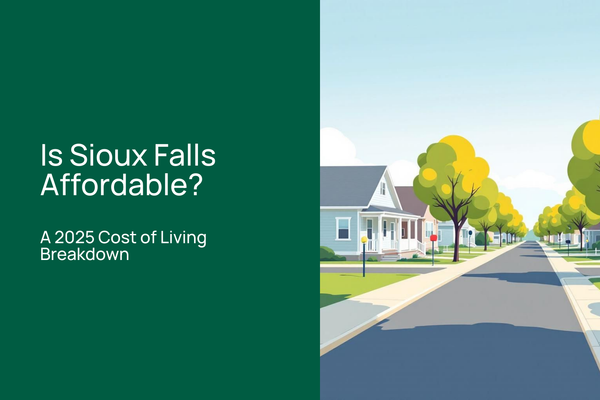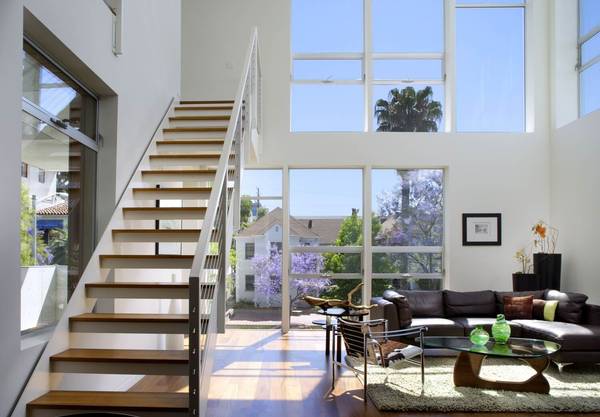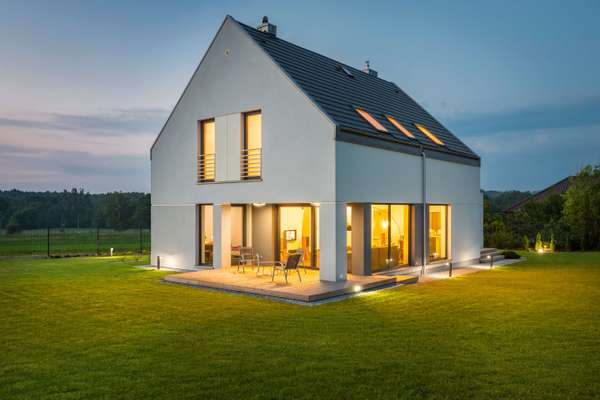5 Essential Questions to Ask Yourself Before House Hunting
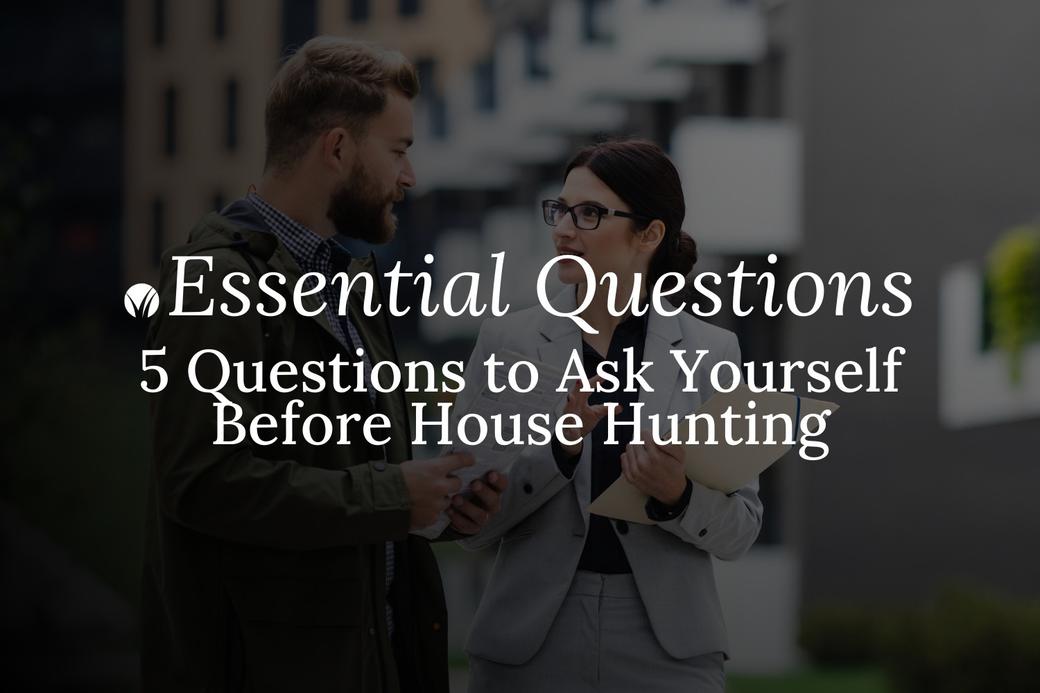
Are you ready to embark on the exciting journey of buying your first home? Before you start scrolling through endless listings or attending open houses, take a moment to pause and reflect. As a first-time homebuyer, it's easy to get caught up in the thrill of the hunt, but a little self-reflection can save you time, stress, and potentially a lot of money in the long run.
At Better Homes and Gardens Real Estate Beyond, we've helped countless first-time buyers find their dream homes. One thing we've learned? The most successful homebuyers are those who take the time to really understand their needs before they start looking. To help you get started, we've put together five essential questions you should ask yourself before you even think about scheduling that first viewing.
1. What's Your Long-Term Vision for Homeownership?
Let's kick things off with a bit of daydreaming. Close your eyes and imagine yourself five, ten, even fifteen years down the road. Where do you see yourself? Are you still in this home, or has it become a stepping stone to something else?
Your answer to this question can significantly impact the type of home you should be looking for. If you're planning to start a family soon, that cozy one-bedroom condo might not be the best choice. On the flip side, if you're buying with the intention of upgrading in a few years, you might prioritize properties with good resale value over your dream forever home.
Remember, buying a home is a big investment, both financially and emotionally. Aligning your purchase with your long-term goals can help ensure you're making a decision you'll be happy with for years to come.
2. What's Your Ideal Location and Why?
Location, location, location – it's a cliché for a reason! The neighborhood you choose can have a huge impact on your daily life and your home's future value. But what makes a location "ideal" varies from person to person.
Ask yourself:
- Do you want to be in the heart of the city or prefer a quieter suburban setting?
- How important is your commute time?
- Are you looking for a specific school district?
- Do you need easy access to public transportation?
- What about proximity to amenities like parks, restaurants, or shopping centers?
Don't just think about where you want to live – think about why. Understanding your motivations can help you prioritize when you're faced with tough decisions later in your search.
3. What Are Your Non-Negotiable Features in a Home?
Now it's time to make your wish list – but we're not talking about your "nice-to-haves" just yet. Instead, focus on the features you absolutely can't live without. These are your deal-breakers, the things that will make or break a potential purchase.
For some, it might be a certain number of bedrooms or bathrooms. For others, it could be a garage, a backyard, or a home office. Maybe you need a ground-floor bedroom for accessibility reasons, or perhaps energy efficiency is at the top of your list.
Whatever your must-haves are, be honest with yourself about what you truly need versus what you simply want. Keep in mind that the more flexible you can be, the more options you'll have in your price range.
4. How Much Space Do You Really Need?
In the world of real estate, bigger isn't always better. While it's tempting to go for the largest home you can afford, more space means higher costs – not just in terms of the purchase price, but also in ongoing expenses like heating, cooling, and maintenance.
Take a good look at your current living situation:
- Do you feel cramped, or do you have rooms you rarely use?
- Do you need space for a growing family or frequent guests?
- What about storage for your hobbies or collections?
Be realistic about your space needs. Remember, it's not just about square footage – smart layouts can make smaller homes feel spacious, while poorly designed larger homes can feel cramped.
5. What's Your True Budget, Including Hidden Costs?
Last but certainly not least, let's talk money. Your budget isn't just about the listing price of a home – there are many other costs to consider. As first-time buyers, it's crucial to understand the full financial picture before you start your search.
Consider:
- Your down payment and monthly mortgage payments
- Property taxes and homeowners insurance
- Utilities (which may be higher than what you're used to in a rental)
- Maintenance and repair costs
- Homeowners association fees, if applicable
- Closing costs and other fees associated with buying a home
Don't forget to factor in a cushion for unexpected expenses. The last thing you want is to stretch your budget so thin that you can't enjoy your new home or, worse, risk foreclosure if your financial situation changes.
It's also worth considering how your home purchase might affect other financial goals, like saving for retirement or paying off student loans. A good rule of thumb is to aim for a home that costs no more than 2.5 to 3 times your annual household income, but your specific situation may vary.
Wrapping It Up
Taking the time to honestly answer these five questions can make a world of difference in your home-buying journey. Not only will you have a clearer picture of what you're looking for, but you'll also be better prepared to make quick decisions in a competitive market.
Remember, buying a home is a big step, but it doesn't have to be an overwhelming one. By doing this self-assessment upfront, you're setting yourself up for success and ensuring that when you do find "the one," you'll know it.
At Better Homes and Gardens Real Estate Beyond, we're here to guide you every step of the way. From helping you refine your search criteria to navigating the offer process, our team of experienced real estate professionals is committed to making your first home purchase a smooth and enjoyable experience.
Remember, the path to homeownership is a marathon, not a sprint. By taking the time to ask yourself these important questions, you're already miles ahead in your journey. Happy house hunting!
Categories
- All Blogs (110)
- Achievements (2)
- BHGRE Life (51)
- Buyer Guides (16)
- Distinctive Life (17)
- First-Time Buyer Essentials (9)
- First-Time Seller Essentials (7)
- Home Trends (19)
- Lifestyle (32)
- Listings (11)
- Local Events (3)
- Luxury Lifestyle (18)
- Recipes (1)
- Seller Guides (14)
- Travel (4)
- Winter Decor Guides (4)
Recent Posts

